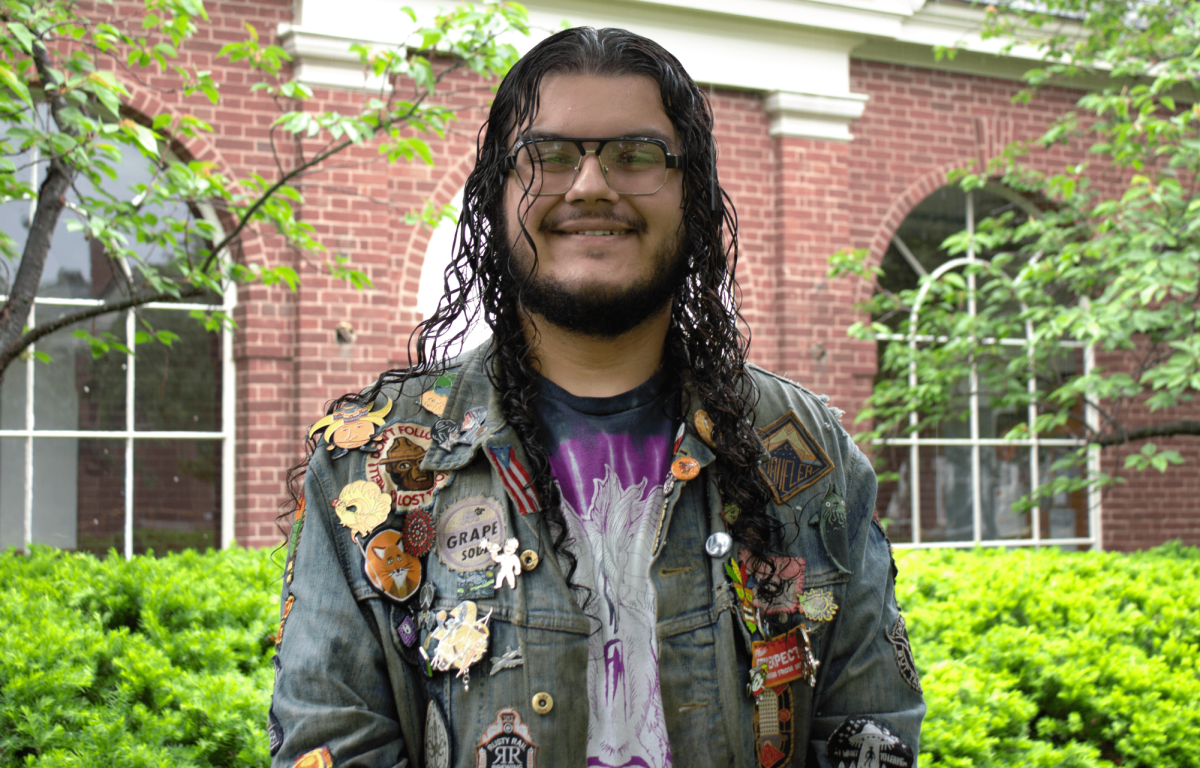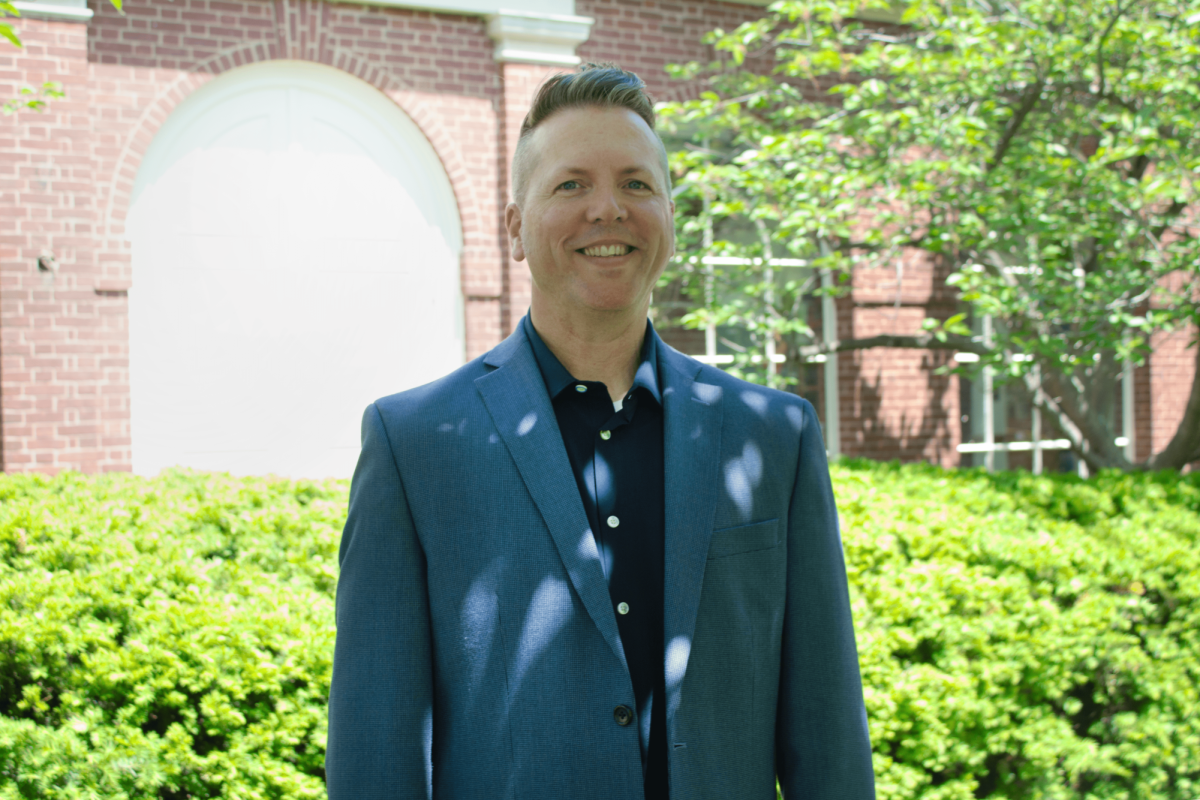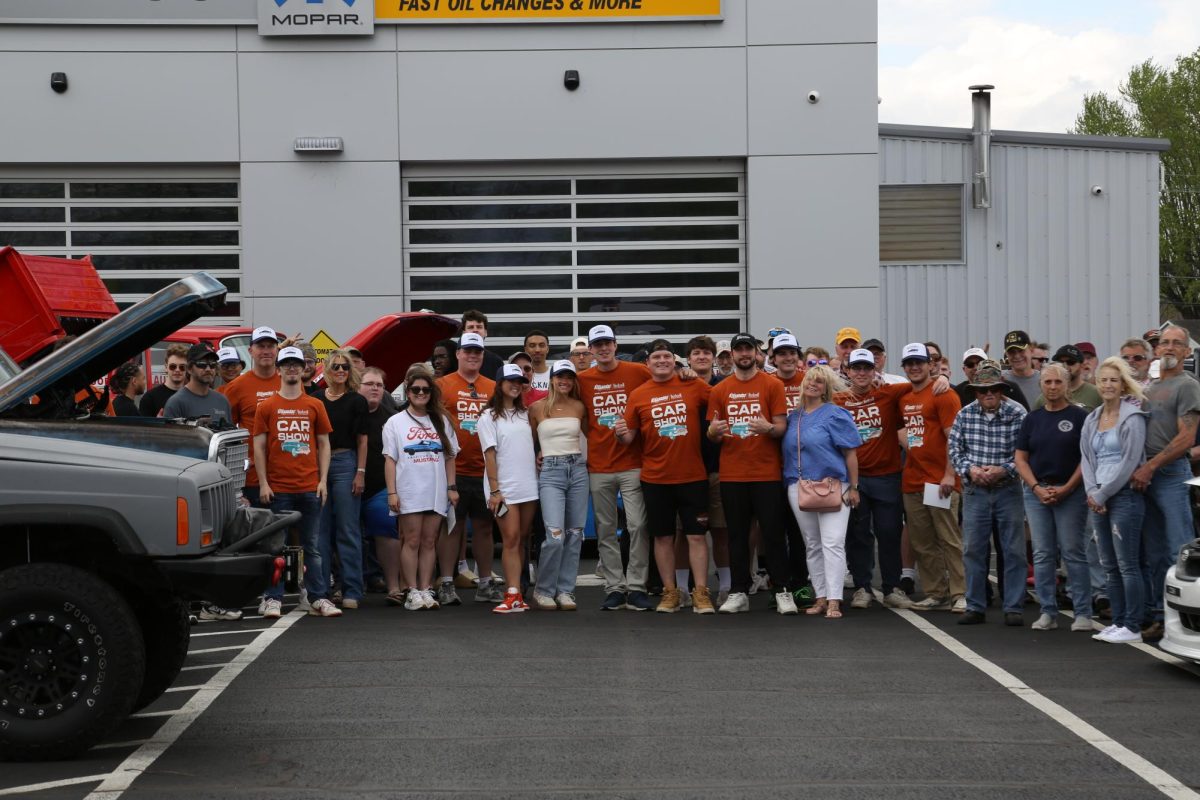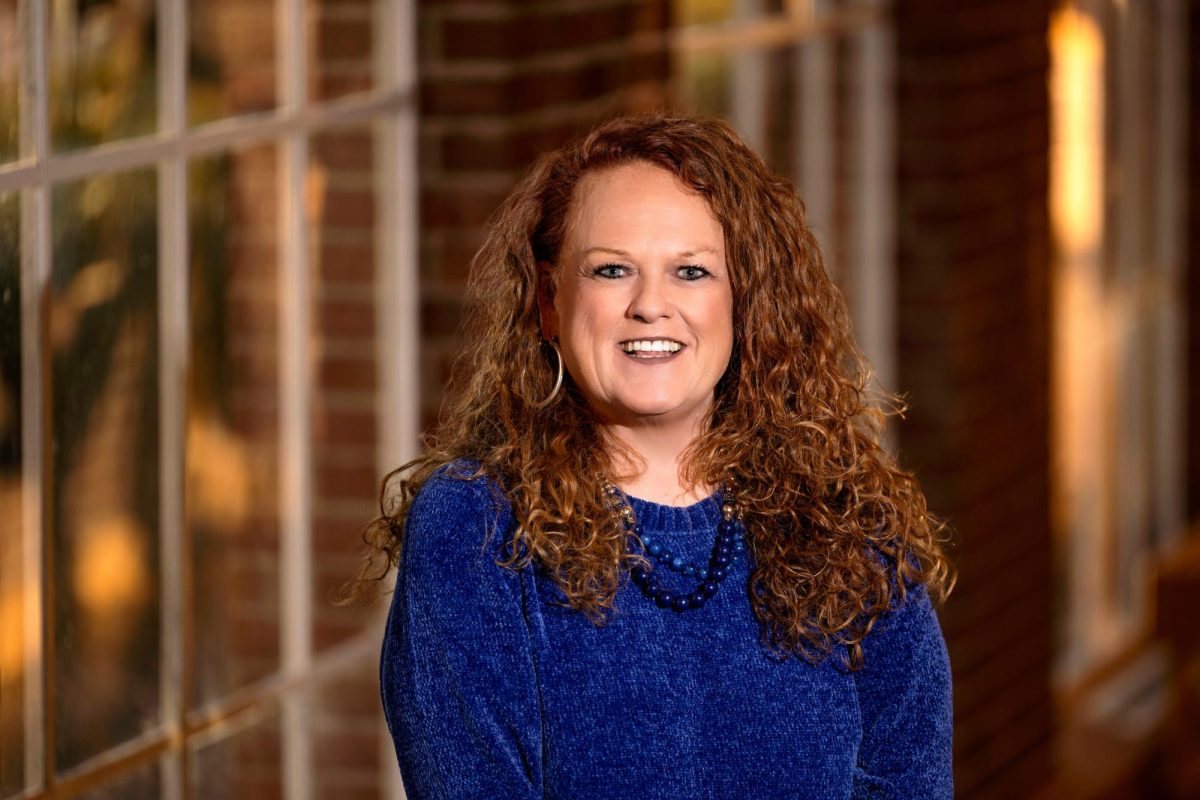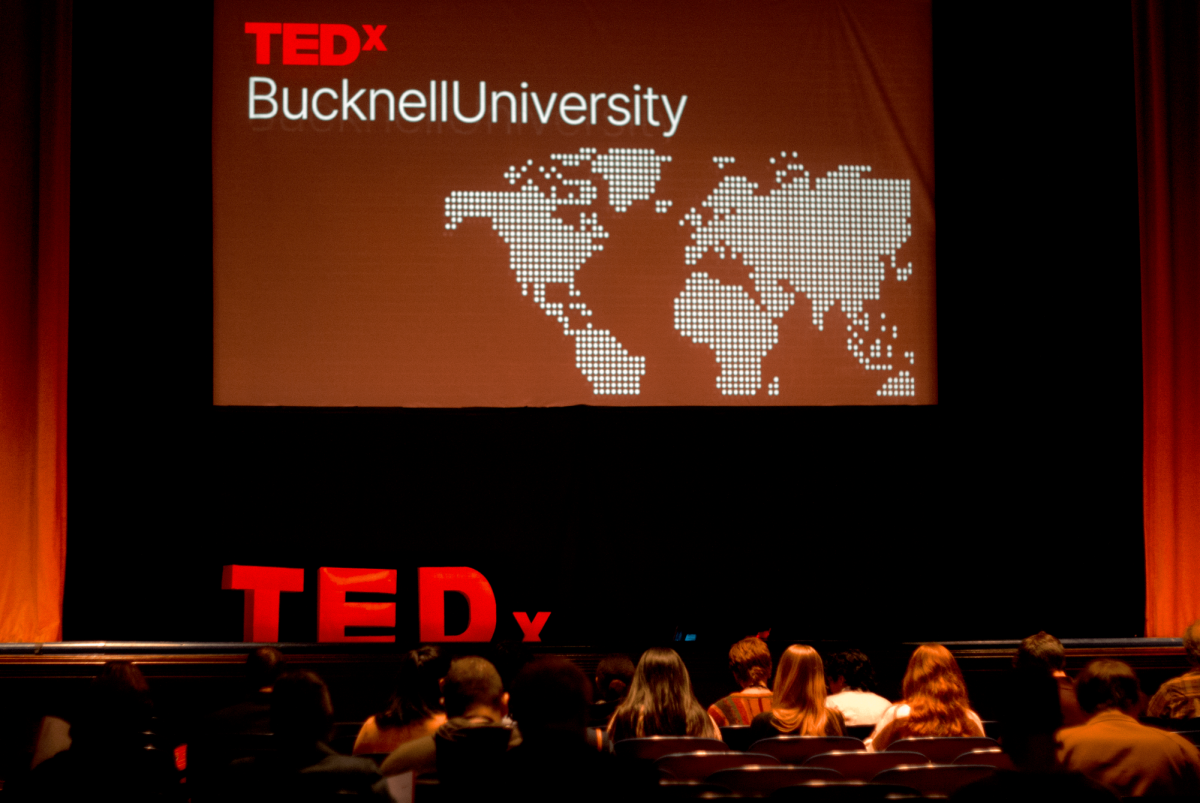Great ideas can change the world— but only if they have the support to take off. Without early investment, companies like DoorDash, Airbnb and Dropbox might never have grown into household names. One of the key figures behind their success is Jessica Livingston ’93— entrepreneur, investor and Bucknell’s 2025 Commencement keynote speaker.
As an English major at Bucknell, Livingston never imagined a future in startups. “When I was in college, I had no idea what an entrepreneur was,” she says. “I didn’t know any. My father worked for a big company, and that was the only real model I had. So I thought that was what you did: go work for a big company and climb the corporate ladder.”
After graduation, she joined an investment firm but struggled to find a career path that excited her. Inspired by Jerry Kaplan’s book “Startup,” Livingston started writing “Founders at Work,” which became a bestselling book about the early days of some of Silicon Valley’s most successful companies.
That led her to start Y Combinator: the first and most influential startup accelerator. Since 2005, Y Combinator has helped fund over 5,000 companies and inspired a plethora of incubators for early-stage companies. Livingston has been called “the social radar” for her ability to read social cues, which has helped her identify promising founders. She now co-hosts the podcast “The Social Radars” with Carolynn Levy.
Key to Y Combinator’s success was the people involved in the company, which Livingston and her cofounders curated through applicant interviews. While Livingston’s co-founders had a background in technology and focused on the founders’ ideas, Jessica used her ability to read social cues to understand the founder’s personalities. “I would look at ‘do the co-founders get along?’ ‘are these people committed?,’” she says. Those “red flags” often informed the decision to fund a company or not.
“I love people and the dynamics and understanding what motivates people,” she says. “So many founders’ stories are inspirational to me for one reason or another.” If she had to pick a favorite story, she says, it would be Airbnb. Although Y Combinator was skeptical about the business’s viability (“We tried to convince them to change their idea during the interview!”), the founders won them over because of their belief in their company.
“Brian, Joe and Nate knew they were onto something, because they’d created a product that they themselves used and loved. And that faith in the importance of what they were building guided them through so many difficult times, not just early on, but even after they were well established,” Livingston says.
Writing a book, founding a company and investing in startups are all bold and impressive accomplishments Livingston attributes to following her interests. “I think the most important thing is to figure out what you’re interested in,” she says. “You’ll work harder on something you’re interested in, and you’ll also enjoy it more.” Looking back, she sees how unpredictable career paths can be and anticipates many more unconventional paths. “I wrote about startups, invested in them and now I podcast in them,” she says. But hardly anyone talked about startups when she attended Bucknell. “That’s important for students to remember: Your future career might not even exist yet.”






















